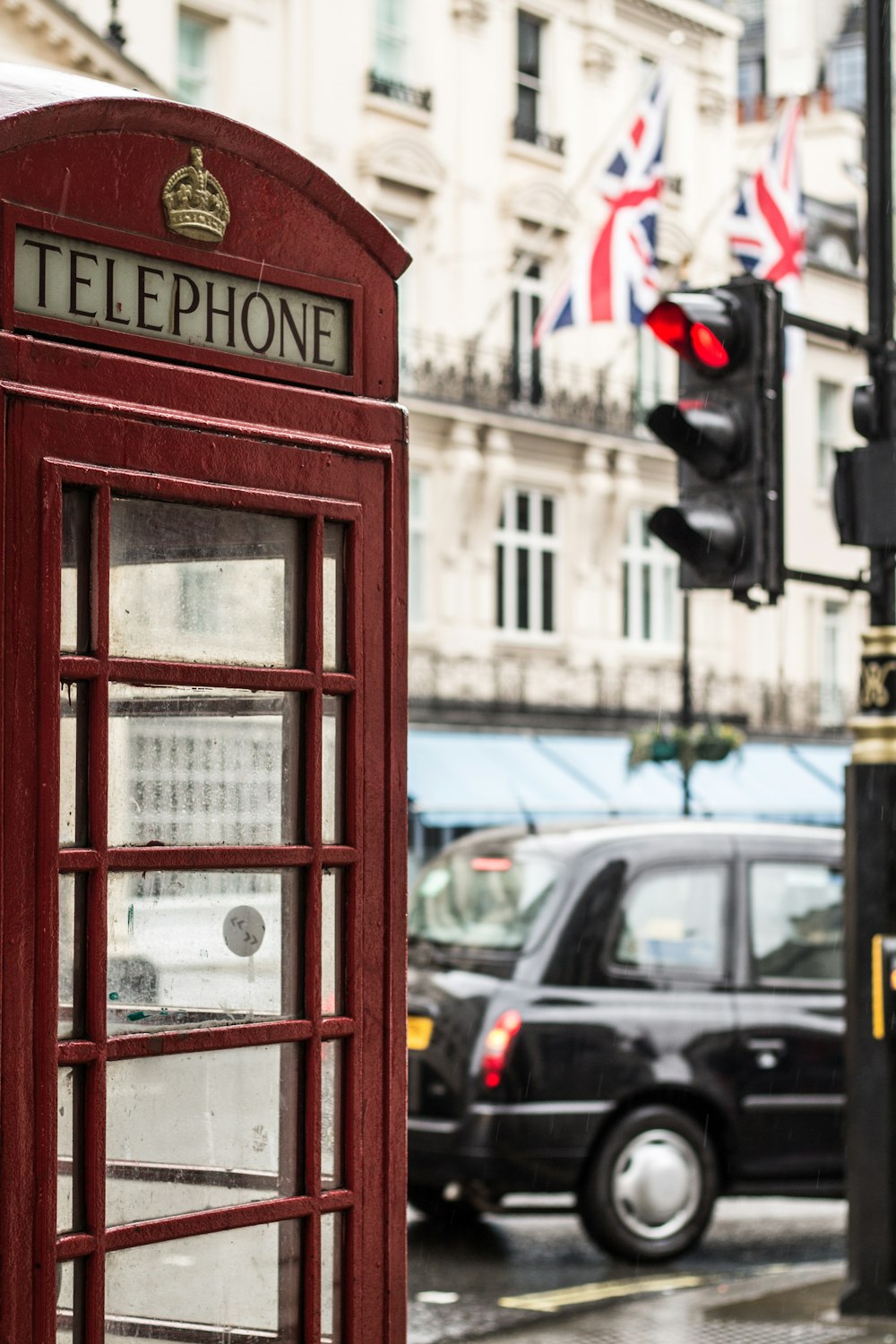C.S. Lewis on Mixing Faith & Politics
Lewis knew a thing or two about love for God and country. He served in the first World War. He was an atheist then too, but that doesn’t mean he changed his view of service, or, even warfare after he become a Christian. As a Chrisitan, he once gave a talk to a pacifist group on the topic of “Why I am not a pacifist.” But C.S. Lewis knew he had to be careful of allowing his Christian message to be hijacked for political purposes.
During WWII, Lewis would regularly take the train from the safety of Oxford to the bomb ravished city of London to record the talks that would later become Mere Christianity. The very first time he made this voyage for a mic check, the BBC station where he recorded was bombed the very next day. This was not a danger free enterprise, Lewis’s preaching of Christianity across a war-torn landscape.
It’s said Lewis’s voice became one of the most recognizable on the radio during the war, second only to Winston Churchill. But before all that, Lewis had to find his voice. He had to find a way to communicate all his convictions in clear and compelling ways to the common man. Speaking of Churchill, he was no stranger to C.S. Lewis. Shortly after Churchill was re-elected in 1951, he offered Lewis the honor of becoming a Commander of the Most Excellent Order of the British Empire, an invitation Lewis politely declined so as to no make his (Lewis’s) message look political.
As we head into another presidential election cycle in America, there’s much to be learned from Lewis’s example. God has placed us where we are for a particular reason, Paul tells us in Acts 17. But let’s make sure our love for God governs every other affection, and that we are careful to avoid making it look like the flag and the cross are on a level playing field. It’s good and right to love one’s country, but this love, for the Christian, cannot be supreme. Only God deserves that level of devotion.

